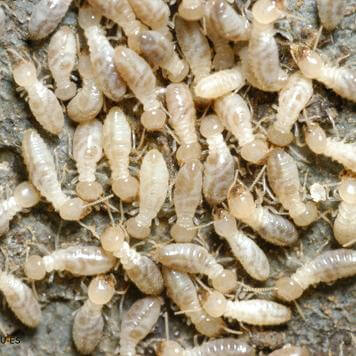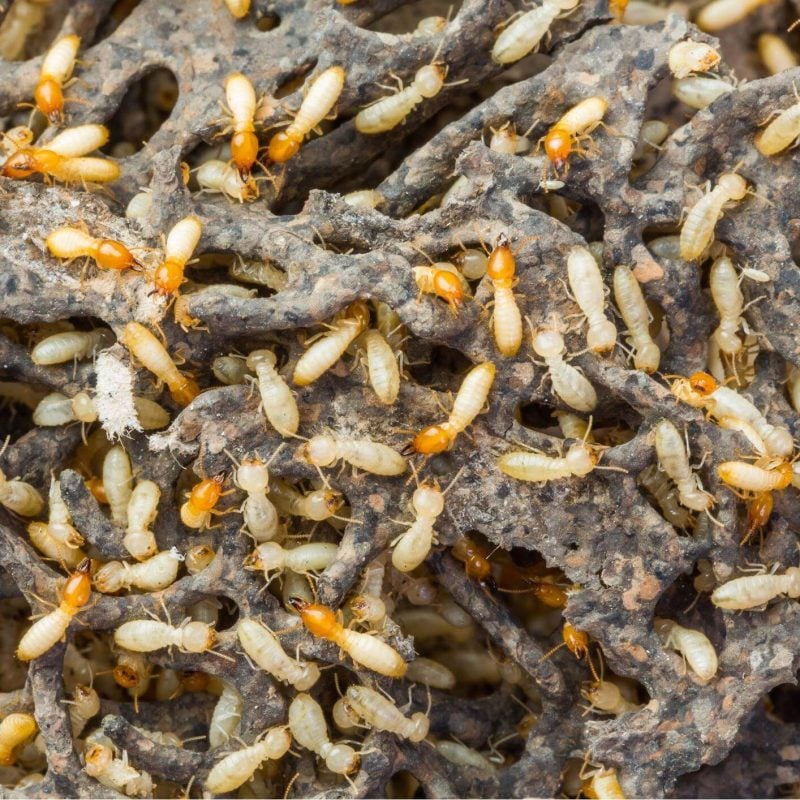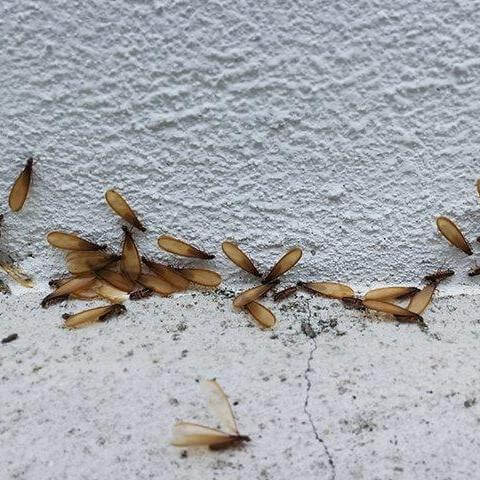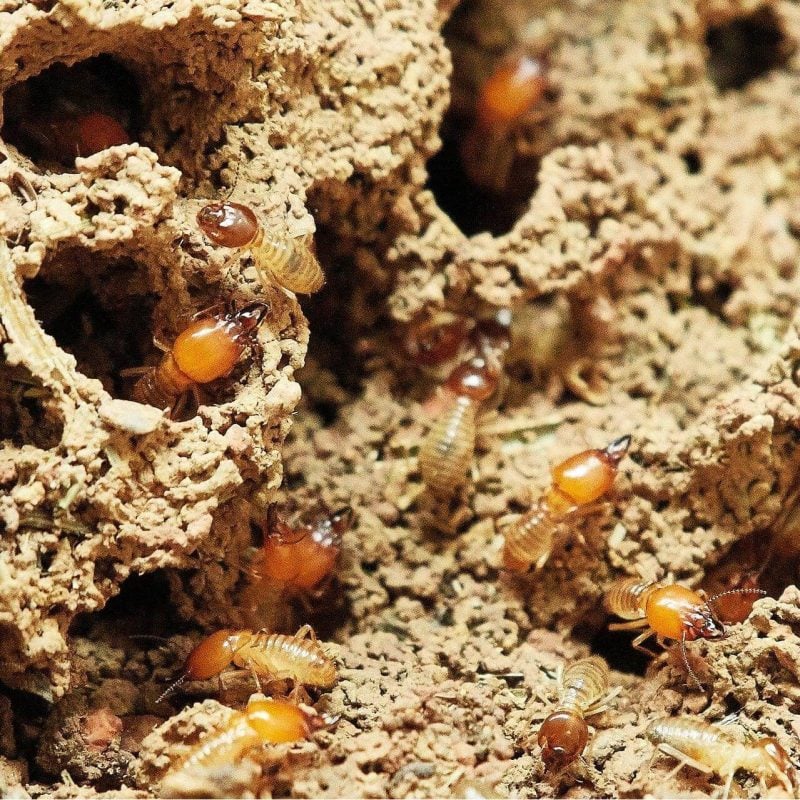Does Bifenthrin Kill Termites?
Bifenthrin, a popular pyrethroid insecticide, is known for its broad-spectrum efficacy against various pests, including termites. This article delves into whether bifenthrin effectively kills termites, how it works, and what alternative pesticides can also be used for termite control.
How Does Bifenthrin Work Against Termites?
Bifenthrin disrupts the nervous system of insects, causing paralysis and death. It is a contact and residual insecticide, meaning it kills termites upon direct contact and provides lasting protection when applied to treated surfaces. Bifenthrin is frequently used in soil treatments as a barrier to prevent termites from entering structures.
Key aspects of bifenthrin’s effectiveness include:
- Barrier Protection: When applied to the soil, bifenthrin creates a chemical barrier that repels and kills termites attempting to breach it.
- Residual Control: Bifenthrin offers long-lasting protection, with residual effects lasting several months, depending on environmental conditions and application techniques.
- Direct Kill: Termites that come into direct contact with bifenthrin-treated areas are effectively killed, reducing termite activity in the treated zone.
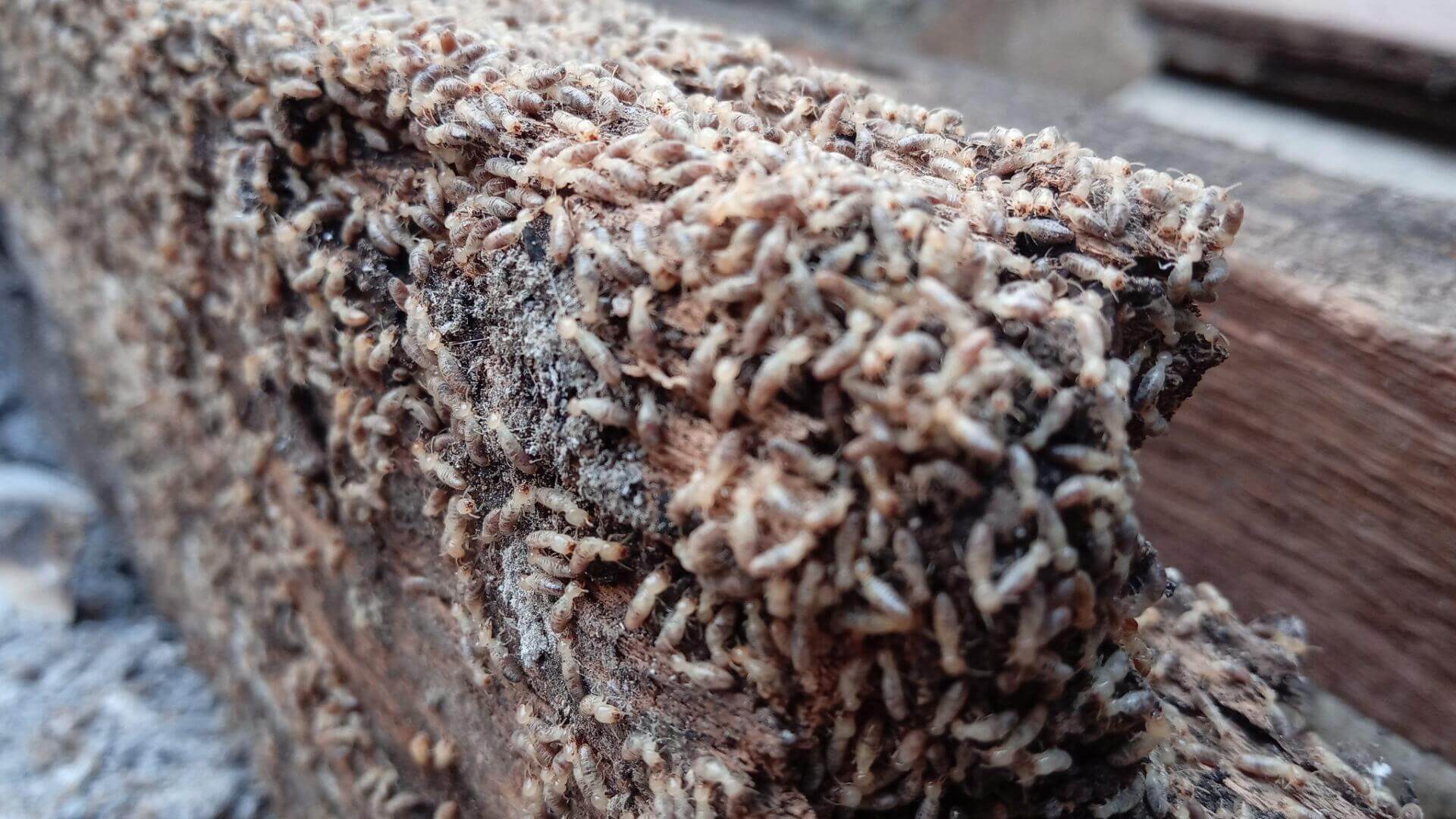
Limitations of Bifenthrin for Termite Control
While bifenthrin is effective for termite management, it is not a stand-alone solution in severe infestations. It primarily acts as a repellent, which can prevent termites from approaching treated areas but may not eradicate the entire colony. For thorough termite elimination, alternative or supplemental treatments are often necessary.
Alternative Pesticides for Termite Control
- Fipronil: This non-repellent insecticide is widely regarded as one of the most effective products for termite control. It disrupts the termite’s central nervous system and can transfer within the colony through contact, leading to colony-wide eradication.
- Imidacloprid: A systemic insecticide, imidacloprid is effective against termites through ingestion and contact. It works slowly, allowing infected termites to spread the toxin to others in the colony.
- Chlorantraniliprole: This active ingredient disrupts termite muscle function and is commonly used in pre-construction treatments for long-term termite prevention.
- Hexaflumuron: Used in bait systems, hexaflumuron inhibits termite growth by targeting chitin synthesis. It is a slow-acting solution designed to eliminate entire colonies over time.
- Sulfuryl Fluoride: Typically used in fumigation, sulfuryl fluoride is a gas that penetrates wood structures to kill termites at all life stages. This method is highly effective for drywood termite infestations.
Conclusion
Bifenthrin is a reliable insecticide for killing termites and creating a protective barrier. However, it may not provide complete eradication of termite colonies, especially in severe infestations. Homeowners and pest control professionals should consider alternative products, such as fipronil or imidacloprid, for comprehensive termite management.
For best results, always follow label instructions and consult with a licensed pest control expert to assess the severity of the infestation and determine the most appropriate treatment strategy.
Bifenthrin, a popular pyrethroid insecticide, is known for its broad-spectrum efficacy against various pests, including termites. This article delves into whether bifenthrin effectively kills termites, how it works, and what alternative pesticides can also be used for termite control.
How Does Bifenthrin Work Against Termites?
Bifenthrin disrupts the nervous system of insects, causing paralysis and death. It is a contact and residual insecticide, meaning it kills termites upon direct contact and provides lasting protection when applied to treated surfaces. Bifenthrin is frequently used in soil treatments as a barrier to prevent termites from entering structures.
Key aspects of bifenthrin’s effectiveness include:
- Barrier Protection: When applied to the soil, bifenthrin creates a chemical barrier that repels and kills termites attempting to breach it.
- Residual Control: Bifenthrin offers long-lasting protection, with residual effects lasting several months, depending on environmental conditions and application techniques.
- Direct Kill: Termites that come into direct contact with bifenthrin-treated areas are effectively killed, reducing termite activity in the treated zone.

Limitations of Bifenthrin for Termite Control
While bifenthrin is effective for termite management, it is not a stand-alone solution in severe infestations. It primarily acts as a repellent, which can prevent termites from approaching treated areas but may not eradicate the entire colony. For thorough termite elimination, alternative or supplemental treatments are often necessary.
Alternative Pesticides for Termite Control
- Fipronil: This non-repellent insecticide is widely regarded as one of the most effective products for termite control. It disrupts the termite’s central nervous system and can transfer within the colony through contact, leading to colony-wide eradication.
- Imidacloprid: A systemic insecticide, imidacloprid is effective against termites through ingestion and contact. It works slowly, allowing infected termites to spread the toxin to others in the colony.
- Chlorantraniliprole: This active ingredient disrupts termite muscle function and is commonly used in pre-construction treatments for long-term termite prevention.
- Hexaflumuron: Used in bait systems, hexaflumuron inhibits termite growth by targeting chitin synthesis. It is a slow-acting solution designed to eliminate entire colonies over time.
- Sulfuryl Fluoride: Typically used in fumigation, sulfuryl fluoride is a gas that penetrates wood structures to kill termites at all life stages. This method is highly effective for drywood termite infestations.
Conclusion
Bifenthrin is a reliable insecticide for killing termites and creating a protective barrier. However, it may not provide complete eradication of termite colonies, especially in severe infestations. Homeowners and pest control professionals should consider alternative products, such as fipronil or imidacloprid, for comprehensive termite management.
For best results, always follow label instructions and consult with a licensed pest control expert to assess the severity of the infestation and determine the most appropriate treatment strategy.

